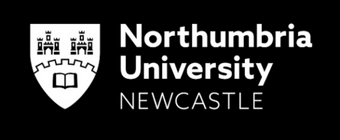Whether you have an accounting undergraduate background or not, this course looks at areas such as the nature, regulation and policing of financial crimes in the UK. In particular, it focuses on the prevention and detection of fraud in organisations and examines corporate governance, internal controls and accounting techniques.
This literature-based masters involves both qualitative and quantitative study. It will introduce you to the skills needed in the role of forensic accounting, including people skills and emotional intelligence.
‘Forensic’ means suitable for use in court, and you’ll consider this and other roles undertaken by forensic accountants. You will study the law and regulation of financial crimes such as money laundering, bribery and corruption. You will also examine occupational fraud, financial statement fraud and methods of prevention, detection and investigation. Each year we invite practitioners to speak and provide practical insight into the world of financial crime and forensic accountants.














